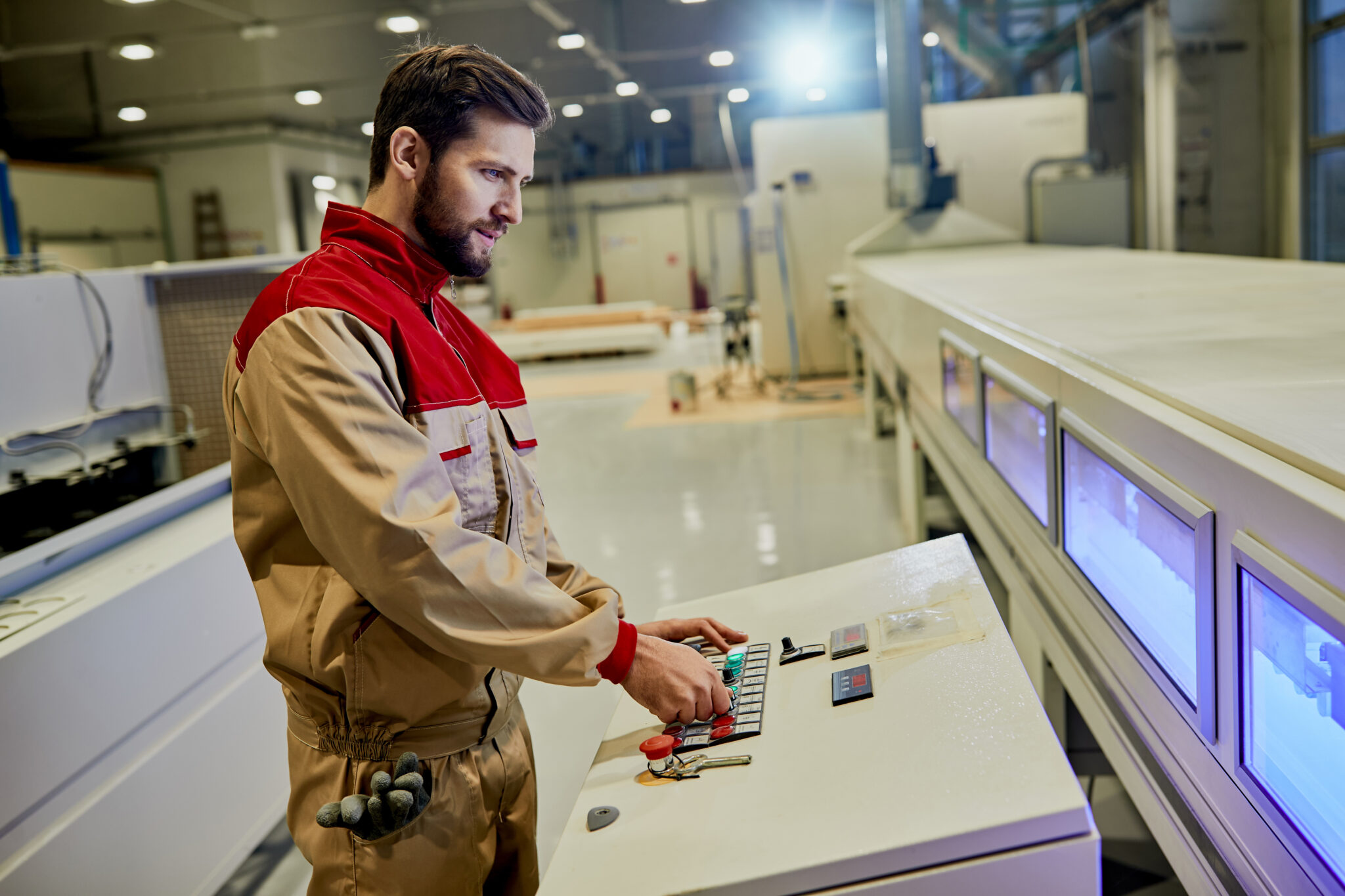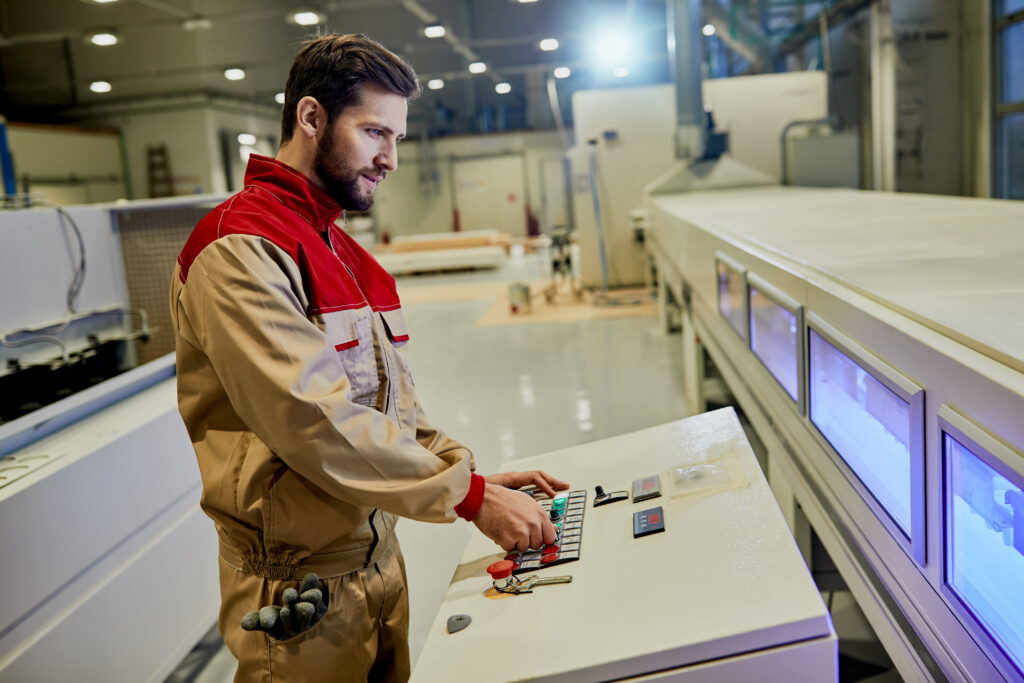Efficient cooling systems are essential for both residential and commercial applications, ensuring comfort, safety, and reduced energy costs. Whether it’s air conditioning for homes, industrial refrigeration units, or HVAC systems, understanding the science behind these systems is key to optimizing performance, saving money, and enhancing their lifespan. In this article, we’ll explore the principles that drive cooling efficiency, key components of the system, and how new technologies are reshaping the future of energy-efficient cooling systems in India.
The Basics of Efficient Cooling Systems
At the core of any effective cooling system is a simple process: removing heat from a space and transferring it elsewhere. This principle is achieved through the use of refrigerants—special fluids that absorb heat as they evaporate and release it when they condense.
Typically, the cooling system involves the following components:
- Evaporator: Absorbs heat from the surrounding air.
- Compressor: Compresses the refrigerant, increasing its temperature and pressure.
- Condenser: Releases the absorbed heat outside.
- Expansion Valve: Reduces the refrigerant’s pressure, allowing it to cool and start the cycle again.
This refrigeration cycle is fundamental to air conditioners, refrigeration systems, and other cooling solutions that manage indoor temperature and maintain desired conditions.
Key Factors Impacting Cooling System Efficiency
When it comes to efficient air conditioning systems or refrigeration, various factors impact how well the system performs. These include the refrigerant used, the system’s design, and the maintenance practices followed.
1. Choosing the Right Refrigerant for Cooling Systems
The type of refrigerant used in your cooling system is one of the most critical elements influencing efficiency. Over the years, refrigerants such as R-22 and R-410A have been standard, but there’s a growing emphasis on using eco-friendly refrigerants like R-32 and R-290. These refrigerants require less energy to transfer heat, thereby reducing the overall energy consumption of cooling units.
2. Proper Sizing and Design of the System
The size of your HVAC system or air conditioning unit has a direct effect on its efficiency. Systems that are too small will work harder, consuming more power to achieve desired cooling temperatures, while oversized systems cycle on and off too frequently, wasting energy. Proper system design ensures that cooling is both effective and energy-efficient, leading to lower electricity bills and longer equipment lifespans.
3. Energy-Efficient Components and Technologies
Technological advancements have paved the way for energy-efficient HVAC systems. Modern systems use inverter compressors, variable-speed motors, and smart thermostats to adjust cooling performance based on the needs of the space. These energy-efficient features help reduce energy consumption, cut down operating costs, and prolong the life of your cooling systems.
4. Importance of Regular Maintenance
Routine maintenance of your cooling systems is vital to their long-term performance. Regular cleaning of coils, changing air filters, and checking refrigerant levels help keep your system running efficiently. Neglecting this can lead to a drop in performance and an increase in cooling costs, as well as the risk of expensive repairs down the road.
Cutting-Edge Technologies Enhancing Cooling Efficiency
The demand for sustainable cooling solutions is pushing the boundaries of traditional air conditioning and refrigeration systems. Here are some innovative technologies improving cooling system efficiency:
1. Smart Thermostats for Energy Management
Smart thermostats and IoT-enabled cooling systems are gaining popularity for their ability to optimize cooling based on user behavior. These devices allow users to remotely control their system, schedule cooling cycles, and adjust temperatures to maximize efficiency. By integrating smart technology into your cooling system, you can save energy while maintaining comfort.
2. Solar-Powered Cooling Solutions
Solar-powered cooling solutions are revolutionizing the HVAC industry. These systems use solar energy to power air conditioners or cooling units, reducing dependency on electricity and significantly cutting down energy costs. Particularly in sunny regions like India, solar cooling solutions offer a sustainable, eco-friendly way to keep spaces cool while lowering operational costs.
3. Magnetic Refrigeration Technology
While still in development, magnetic refrigeration is a groundbreaking technology that uses a magnetic field to cool materials, eliminating the need for traditional refrigerants altogether. This technology promises to offer a more energy-efficient and environmentally-friendly alternative to conventional refrigeration systems in the future.
4. Thermal Energy Storage for Cooling
Thermal energy storage systems allow excess cooling capacity to be stored during off-peak hours (typically at night when electricity rates are lower) and used during peak hours. This not only saves money but also reduces the load on the power grid, making it a valuable tool for reducing energy consumption while increasing cooling efficiency.
The Role of Filter Driers in Enhancing Cooling Efficiency
One often-overlooked component in cooling systems that significantly contributes to efficiency is the filter drier. These small but essential components help keep refrigerants free from moisture and contaminants, which can damage internal components and reduce heat transfer. Clean and dry refrigerants enable the system to run more efficiently, preventing energy loss and improving overall system performance.
Sustainable Cooling Technologies in India
In India, the demand for energy-efficient HVAC components and cooling systems is growing rapidly. With rising temperatures and increasing urbanization, having a cooling system that is not only effective but also eco-friendly is crucial. Companies like SVS Refcomp Pvt Ltd are leading the charge by providing high-quality components for air conditioning and refrigeration systems, including filter driers, that improve efficiency and reduce environmental impact.
Final Insights on Efficient Cooling Systems
To sum up, understanding the science behind efficient cooling systems is essential for anyone looking to optimize their air conditioning units, refrigeration systems, or industrial cooling solutions. Whether you’re upgrading an old system or investing in a new one, choosing the right components, maintaining the system properly, and incorporating energy-efficient technologies can make a world of difference in cooling system performance.
With cutting-edge technologies like solar-powered cooling, smart thermostats, and magnetic refrigeration gaining ground, the future of cooling is becoming greener and more energy-efficient. Investing in sustainable cooling systems not only provides superior performance but also helps save money in the long term while contributing to a more eco-friendly future.
“For over 120 years, we have been at the forefront of steel industry innovation. Today, our dedication lies in spearheading the path to a sustainable future for steel and steel manufacturing. Together, we forge a greener and more sustainable tomorrow.”
Key Takeaways: The Future of Cooling Systems
Selecting and maintaining the right energy-efficient HVAC systems and cooling technologies will reduce your carbon footprint, lower energy consumption, and ensure your systems operate efficiently for years. Whether in residential, commercial, or industrial applications, investing in modern, high-performance components like filter driers and eco-friendly refrigerants is crucial for achieving optimal cooling efficiency.


